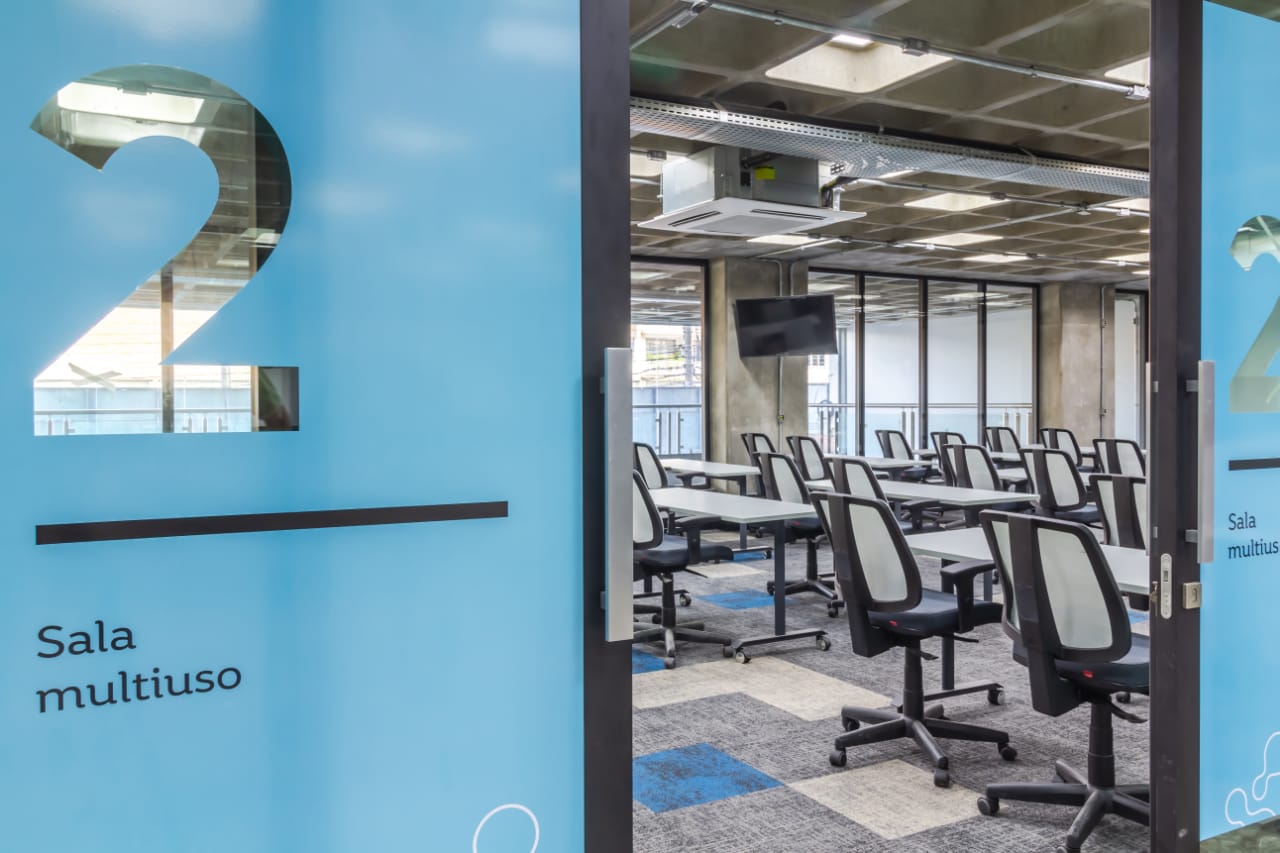Fabio Seixas, specialist in technological solutions and CEO of Softo
The role of the developer is undergoing an unprecedented transformation. Whereas previously their main skill was the ability to write complex code, they now need to incorporate a 360º vision, understand business dynamics and, above all, collaborate efficiently with artificial intelligence (AI). From the earliest machine language codes to cloud-based architectures, software development has always been shaped by the tools available. Now, AI is not only redefining the way we program, it is also profoundly changing the role of technology professionals. The focus is no longer on mere technical execution but on the design, orchestration and integration of intelligent solutions.
The rise of AI-powered coding assistants like GitHub Copilot, Amazon CodeWhisperer, and Cursor is already automating repetitive tasks and speeding up processes, freeing developers to focus on more analytical and strategic tasks. This ushers in a new era for the profession, where the difference lies not in writing code, but in the ability to connect technology and business in innovative ways. This evolution has given rise to a new professional profile: the Software Composer. Just as the early days of the internet included the webmaster—a generalist who combined design, technology, and content—the developer of the future will be a hybrid, moving between software engineering, UX, product strategy, and market insight.
The technology sector is consolidating itself as an abstraction layer in software development, reducing technical barriers and making programming accessible to a wider audience. With no-code and low-code tools evolving rapidly, professionals without traditional technology training are beginning to contribute to the creation of digital solutions. This could represent a disruption in the sector, driving the democratization of technology and expanding the diversity of talent in the industry.
This new technological era is already shaping three major developer profiles. The first is the Full Stack Digital Solution, which goes beyond the front-end and back-end, integrating AI, cloud computing and DevOps to ensure scalable products aligned with business strategies. The second is the Infrastructure and Security Developer, essential in a scenario where concerns about cybersecurity and regulatory compliance are growing every day. Finally, there is the AI Developer, specialized in the creation and application of machine learning models, making artificial intelligence increasingly accessible and functional for the market.
The rise of artificial intelligence does not mean the end of programming, but it does require a profound transformation in the role of developers. With code becoming a commodity, differentiation in the market will depend on a broader set of skills. Collaboration with AI will be essential, requiring professionals to know how to direct, correct and enhance the use of these tools. With this, strategic vision gains prominence, since understanding the impact of digital solutions goes far beyond the technical, also involving business aspects and user experience.
In a rapidly evolving sector, continuous learning becomes essential, ensuring adaptation to new demands. With automation taking over operational tasks, creativity and innovation will be crucial differentiators, driving developers to focus on solving complex problems and building disruptive products. Companies that understand this change and invest in training their teams will come out ahead. The developer of the future will not be just a programmer, but a solution architect, a digital strategist who integrates technology, user experience and market vision to build products that will define the new era of the digital economy.
*A specialist in Information Technology for almost two decades, Fabio Seixas worked as an IT manager in large corporations such as Grupo Comunique-se and iBest. A natural entrepreneur, he founded his first business in 1996 and, in 2013, consolidated Softo, a technology company that is a reference in the development of customized software. He was also a TEDx Speaker in 2012 through the talk “Entrepreneurship for more human brands”.
Gabriel Massimini


